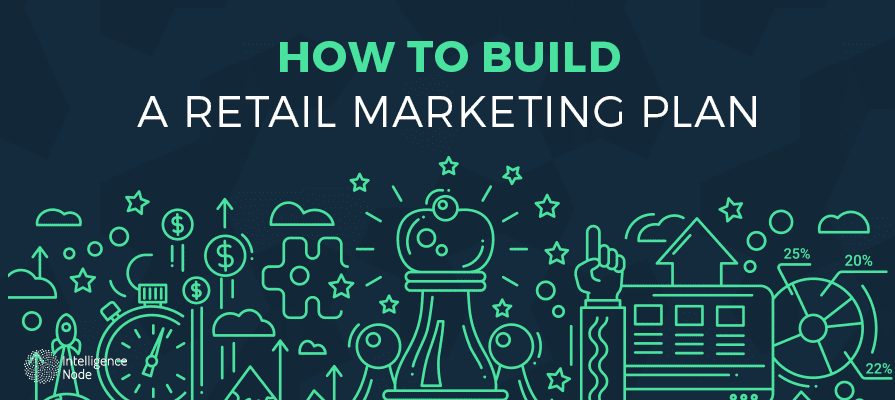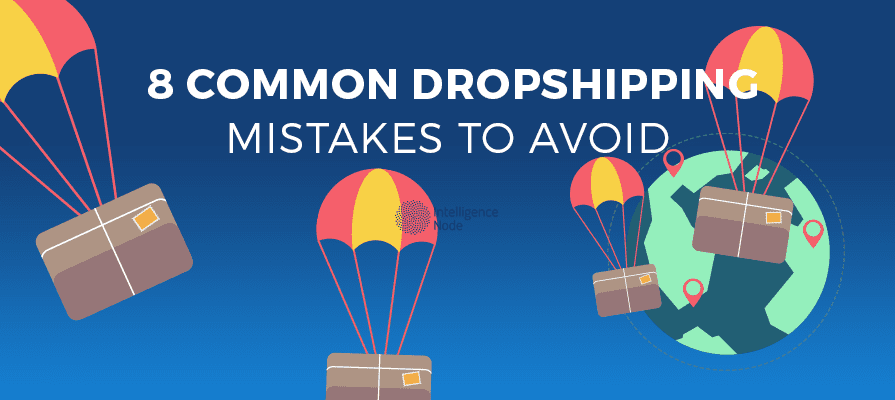With today’s crowded marketplace, it has never been more essential to ensure that you have a sound marketing strategy in place to foster the growth of your business. Modern consumers are so regularly overwhelmed with content coming from all angles, social media, email, commercial, billboard, all vying for their patronage and hard-earned dollars.
This challenge is especially true when it comes to the retail space, which has faced quite a bit of disruption over the last few years thanks to the rise of eCommerce businesses. But traditional brick-and-mortar or digital based — all eCommerce businesses need a retail marketing plan to reach their full potential.
Heading to Market
To set yourself apart from other eCommerce businesses takes more than just a cursory idea of what your customers want. Rather, you must develop a deeper understanding of your place in the market and devise a thorough strategy that is tailored specifically to your product and the users you hope to reach. Only then will you be able to tap into your business’s potential for growth and realize the most effective ways to engage your customers. Here are a few steps you can take to jumpstart your company’s retail marketing plan.
- Identify your mission statement: Before you launch any kind of marketing effort, it’s absolutely imperative that you first establish a firm grasp of your business’s mission and objective in the marketplace. More specifically, you must know the need your business fulfills with customers. This understanding of your value will inform all subsequent decisions you make regarding how you market your product.
- Know your target audience: Once you know enough about the role your business plays in the market, the next step is to establish a clear idea of your ideal customer profile. These two are, of course, inextricably linked, but many companies neglect to recognize that how your business is designed and marketed plays an integral role in determining your potential customer base upfront.
- Decide on your branding: Now that you have defined your mission and audience, you need to then decide how to best connect the two. Everything from your logo to the outward messaging you send consumers shapes the specific branding of your business. Take a look at the competition for inspiration, and consider how you can distinguish yourself in the eyes of your prospects. What makes your approach different? For example, are you leading with price or quality? At this stage of your marketing strategy it’s critical to review your pricing and identify how it comes into play.
- Establish a marketing presence online: Given the age of social media we live in, it should be no surprise to realize that your business should have a presence among leading sites like Facebook, Twitter and LinkedIn. However, your online presence doesn’t extend solely to these. Sites like Yelp, YouTube and Google Plus can also help expose your business to new prospects and boost your search engine optimization (SEO) ranking.
- Define yourself as an expert: In recent years, content marketing has become a more central way to gain awareness for your business, but it’s only one of many ways to establish the expertise your business brings to customers. You can also build upon this with partnerships with other companies, guest posts on popular sites (yes, even for free!) and events that position your business as a thought leader within your industry. This goes a long way toward building your credibility among prospects.
- Monitor results and adjust accordingly: Even if you are actively marketing your business already, you need to be prepared to adjust your strategy when something isn’t working. This flexibility to recognize a failed effort and to switch things up is essential to develop the further growth of your business. To keep your company from staying stagnant, be sure to have analytics in place to monitor results and act quickly if changes are needed.
The Future Awaits
While the technology involved in eCommerce lends businesses a certain flexibility, this aspect alone is not enough to keep your business afloat. Every day, new challengers are entering the fray, and there’s never been a more critical time to review the marketing plan you have in place to reach your target audience.
These steps are simply the start of a grander, more effective approach to connecting with consumers. Endless possibilities await you, and you’ll truly need to stay vigilant with your retail marketing strategy to achieve the continuous improvement and forward growth your business deserves.
For more invaluable insights into how you should approach marketing your eCommerce business and use automation to drive future success, check out our new eBook, “Key Automated Marketing Strategies for eCommerce Store Success.”





